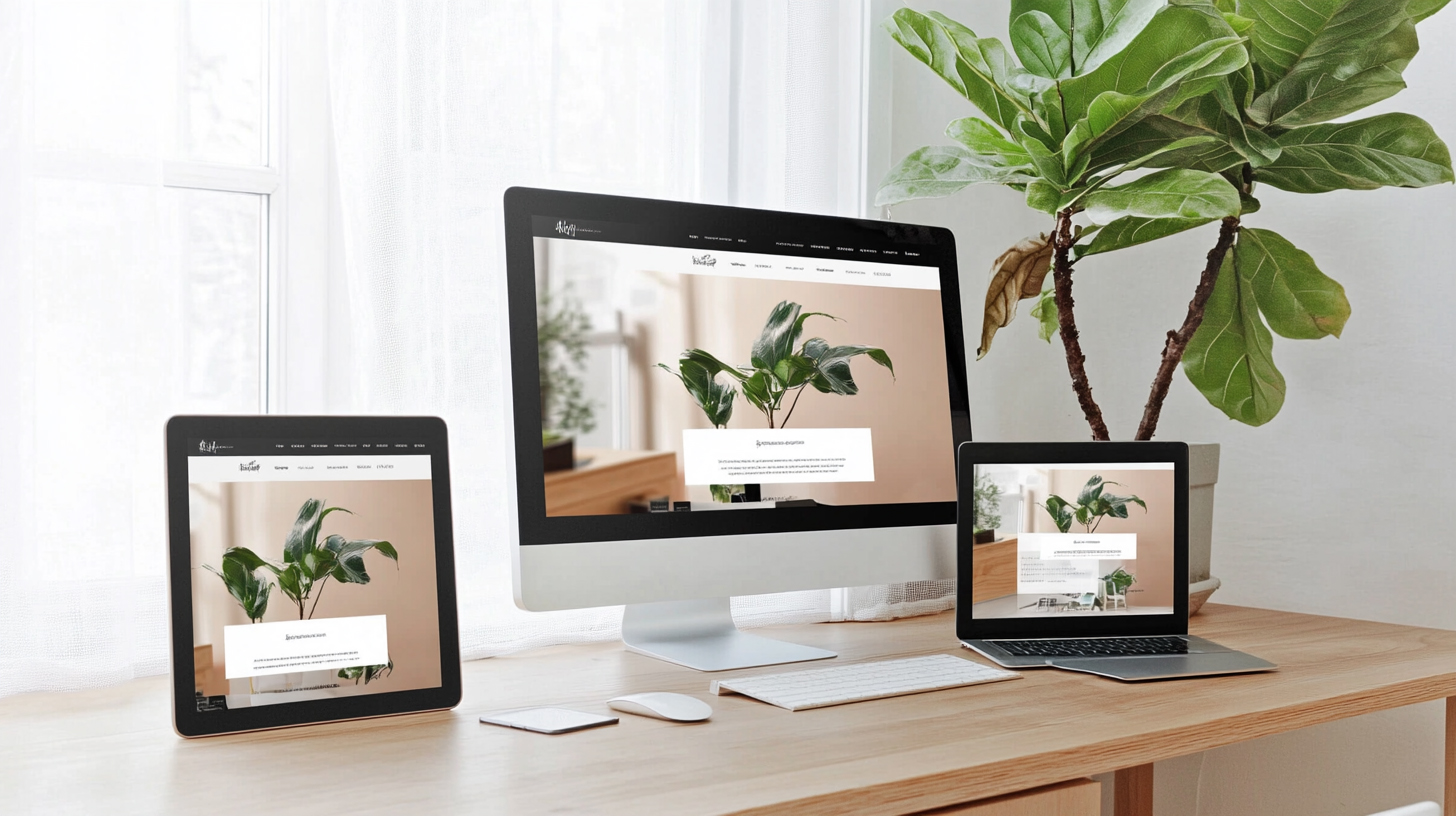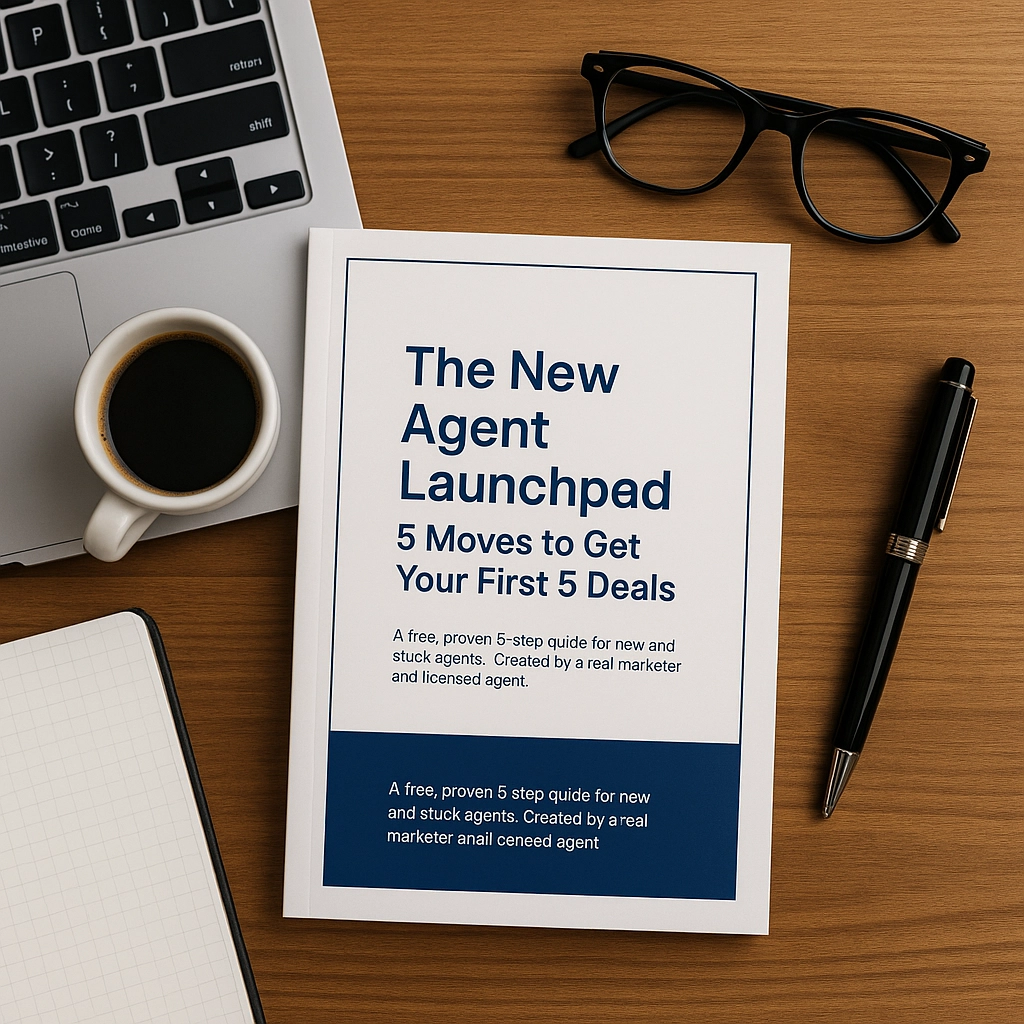Your website is often the first impression potential clients have of your real estate business. It’s the digital front door to your brand, and getting it right is critical to attracting and converting leads. But when it comes to building or redesigning your website, one big question looms: Should you go the DIY route or hire a professional web designer?
Both options have their advantages, but depending on your goals, skills, and budget, one may be a better fit for your business than the other. Let’s break down the pros and cons of DIY and professional website design to help you decide which is best for your real estate business.
Why Your Real Estate Website Matters
In a highly competitive market, your website can be a major differentiator. A well-designed website helps you:
- Generate leads by providing easy ways for potential clients to get in touch or sign up for property alerts.
- Showcase your expertise with valuable content such as blog posts, market updates, and neighborhood guides.
- Build trust through client testimonials, reviews, and success stories.
Without a strong website, you risk losing leads to competitors with more polished and user-friendly sites. Now, let’s compare the two approaches to getting your website up and running.
The Case for DIY Website Design
Thanks to the rise of website builders like Wix, Squarespace, and WordPress, real estate agents can create their own websites with little to no coding knowledge. DIY website design is often seen as the quicker, more affordable option—but it’s not without its challenges.
Pros of DIY Website Design:
- Cost-Effective: DIY website builders are typically cheaper upfront, with many platforms offering low-cost plans. For agents on a tight budget or just starting out, this can be an appealing option.
- Creative Control: When you build your own site, you have full control over the design, content, and functionality. You can tweak things as you go and experiment with different layouts.
- Quick Setup: Many DIY platforms offer pre-made templates specifically designed for real estate agents. With drag-and-drop functionality, you can have a basic website up and running in a matter of hours.
Cons of DIY Website Design:
- Limited Customization: While templates offer convenience, they can be restrictive when it comes to customization. You may find it challenging to create a truly unique look or add advanced features like IDX integration or custom lead capture forms.
- Time-Consuming: Building a website may seem quick, but customizing it, troubleshooting issues, and optimizing it for SEO can take more time than anticipated. As a busy agent, time spent on web design is time taken away from closing deals.
- Amateurish Design: DIY sites can sometimes look cookie-cutter or lack the polish of a professionally designed site. This can hurt your credibility, especially if you’re targeting high-end clients.
- Lack of SEO Expertise: DIY platforms often offer basic SEO features, but optimizing your site to rank high in search results requires a deeper understanding of SEO best practices.
DIY is a good option if:
- You’re a new agent just starting out and need an affordable website quickly.
- You’re comfortable using website builders and don’t need advanced customization.
- You’re planning to upgrade to a professional site later as your business grows.
The Case for Professional Website Design
Hiring a professional web designer or agency to create your real estate website is an investment, but it often leads to a better return in the long run. A professionally designed website is custom-built to meet your business needs, and it’s optimized to convert visitors into clients.
Pros of Professional Website Design:
- Custom Design: With a professional designer, your website will be tailored to your brand, your target audience, and your business goals. You’re not limited to templates—you can have unique features, layouts, and branding that set you apart from the competition.
- Advanced Functionality: Need IDX integration to showcase real-time property listings? Want custom lead capture forms or a CRM system for managing inquiries? Professional designers can implement advanced features that are difficult to achieve with DIY platforms.
- SEO and Performance Optimization: Professional designers don’t just focus on looks—they optimize your site for speed, mobile responsiveness, and SEO. This ensures that your website ranks higher on Google, loads quickly, and provides a seamless experience on all devices.
- Support and Maintenance: A professional designer can offer ongoing support, ensuring that your website stays updated and secure. This is especially important if you don’t have the time or expertise to maintain the site yourself.
Cons of Professional Website Design:
- Higher Upfront Cost: The biggest downside of hiring a professional is the cost. A custom-designed website can range from a few thousand to tens of thousands of dollars, depending on the complexity of the site and the features you need.
- Longer Development Time: A professional website takes time to build. Depending on the scope of the project, it could take several weeks or even months to complete. However, the quality of the final product is typically worth the wait.
- Less Immediate Control: While you’ll work closely with your designer, you may not have as much day-to-day control over the process as you would with a DIY platform. However, this can also be a benefit if you want to focus on your real estate business rather than managing the technical aspects of a website.
Professional design is the best option if:
- You’re an established agent or brokerage looking to invest in a high-quality, custom website.
- You need advanced features like IDX integration, lead capture automation, or a custom CRM.
- You want a website that’s optimized for SEO and built to generate leads and grow your business.
Key Features to Consider for Both Options
Regardless of whether you go the DIY route or hire a professional, there are certain features every real estate website should have to ensure high performance and lead generation:
- Mobile Optimization: Your site must be fully responsive, offering a seamless experience on mobile devices.
- IDX Integration: Display real-time property listings from your local MLS.
- Clear Calls-to-Action (CTAs): Include easy-to-find CTAs like “Schedule a Consultation” or “Get a Free Home Valuation.”
- Fast Loading Speed: A slow site can frustrate users and hurt your SEO rankings.
- Lead Capture Forms: Include forms to capture visitor information and integrate them with your CRM.
- Client Testimonials: Showcase positive reviews and success stories to build trust.
- SEO-Friendly Content: Ensure your site is optimized for local keywords to attract organic traffic.
Which Option is Best for Your Real Estate Business?
The decision between DIY and professional website design ultimately depends on your goals, budget, and the image you want to project.
- Go DIY if you’re just starting out, need a quick and affordable solution, and are okay with using templates that may limit customization.
- Go Professional if you’re looking to build a strong brand, attract high-end clients, and generate leads consistently through advanced features and SEO.
While DIY websites can get you online quickly, a professionally designed website is an investment that pays off in terms of lead generation, branding, and overall growth.
Conclusion: Invest in the Future of Your Real Estate Business
Your website is a critical part of your real estate business’s success. Whether you choose to build it yourself or hire a professional, make sure it has the essential features needed to convert visitors into leads and help your business thrive.
Ready to invest in a professional real estate website that drives results? Contact us today to learn more about our custom website design services and how we can help you build a high-converting site that grows your business.




